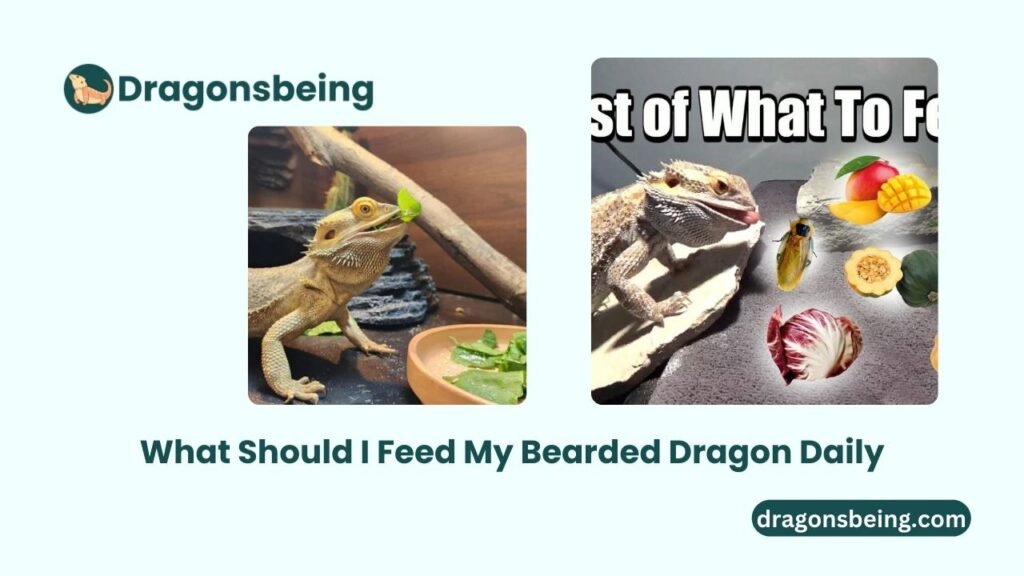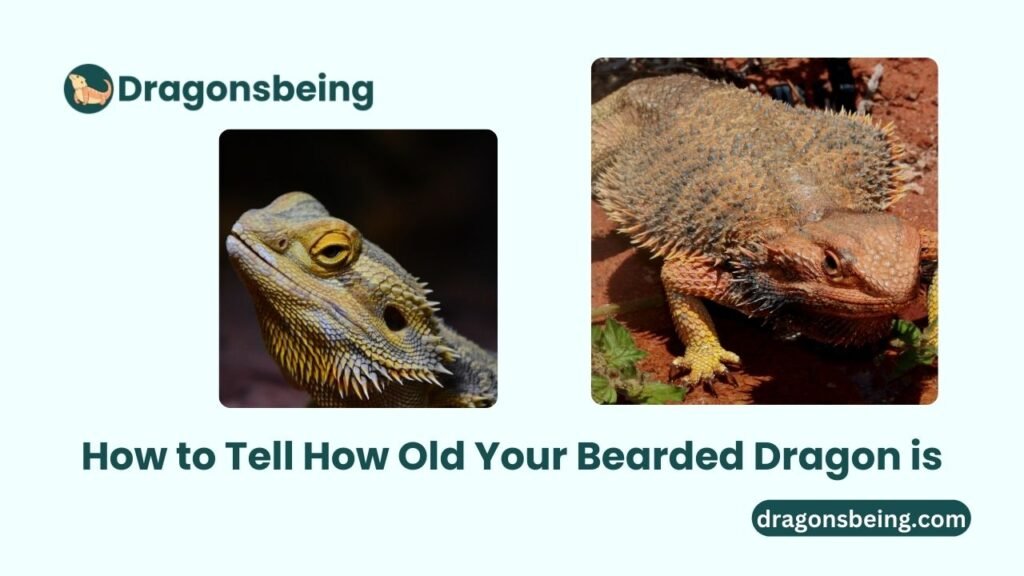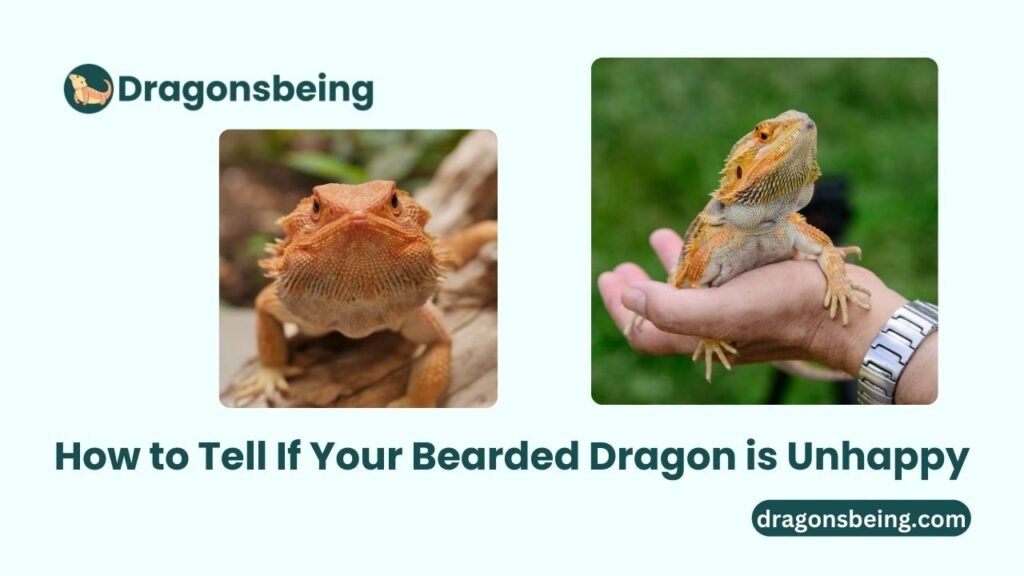Feed your bearded dragon a balanced diet of insects and vegetables daily. Offer live insects like crickets and mealworms alongside leafy greens.
Bearded dragons are popular pets known for their friendly nature and unique dietary needs. Providing the right nutrition is crucial for their health and longevity. Adult bearded dragons require a mix of protein and plant matter to thrive. Young dragons need a higher protein intake to support their rapid growth.
A well-rounded diet includes live insects, leafy greens, and occasional fruits. Understanding the specific dietary requirements of your bearded dragon helps prevent health issues. Proper feeding habits not only keep your pet healthy but also enhance its quality of life. Make informed choices to ensure your bearded dragon flourishes in its environment.
Ideal Diet Composition For Bearded Dragons
Feeding your bearded dragon the right food is crucial. A balanced diet helps them grow strong and healthy. Understanding their dietary needs ensures they thrive.
Balancing Nutrition
Bearded dragons need a mix of protein and plant-based foods. This balance promotes growth and keeps them active. Aim for a variety of foods to provide essential nutrients.
Here’s a quick list of what to include:
- Insects: Good source of protein.
- Vegetables: Important for vitamins and minerals.
- Fruits: Great for treats but use sparingly.
Each food group plays a vital role in their health:
| Food Type | Benefits |
|---|---|
| Insects | High in protein and energy. |
| Vegetables | Rich in vitamins and fiber. |
| Fruits | Contains sugars and antioxidants. |
Ratio Of Insects To Vegetables
The right ratio of insects to vegetables is essential. Young bearded dragons need more protein than adults. Here’s a simple guideline:
- Hatchlings (0-3 months): 80% insects, 20% vegetables.
- Juveniles (3-12 months): 70% insects, 30% vegetables.
- Adults (1 year and older): 50% insects, 50% vegetables.
Adjust the diet based on age and activity level. Monitor their health closely. Always provide fresh water for hydration.
Staple Foods For Everyday Consumption
Bearded dragons thrive on a balanced diet. Choosing the right foods is crucial. Daily meals should include a mix of greens and insects. This helps keep them healthy and happy.
Leafy Greens To Offer
Leafy greens are essential for your bearded dragon. They provide vitamins and minerals. Offer a variety of greens daily. Here are some great options:
- Collard Greens
- Mustard Greens
- Turnip Greens
- Romaine Lettuce
- Swiss Chard
Chop the greens into small pieces. This makes it easier for them to eat. Always wash the greens to remove any pesticides.
Safe Insect Options
Insects are a protein source for bearded dragons. They enjoy a variety of bugs. Always choose safe insects for feeding. Here’s a list of the best options:
| Insect | Benefits |
|---|---|
| Crickets | High in protein |
| Mealworms | Good fat source |
| Dubia Roaches | Nutritious and low in fat |
| Superworms | High energy |
Feed insects in moderation. Too many can lead to obesity. Ensure all insects are gut-loaded. This means feeding them nutritious foods before offering them to your dragon.
Supplemental Foods For Dietary Variety
Providing a balanced diet is crucial for your bearded dragon’s health. Supplemental foods add variety and essential nutrients. This approach helps prevent boredom and supports overall well-being.
Occasional Fruits
Fruits can be a tasty treat for your bearded dragon. They should only be given occasionally. Too much fruit can lead to health issues.
- Strawberries: High in vitamin C.
- Blueberries: Rich in antioxidants.
- Mango: Offers vitamins A and C.
- Papaya: Good for digestion.
Always wash fruits thoroughly. Cut them into small, manageable pieces. Offer fruits in moderation to avoid sugar overload.
Alternative Protein Sources
Protein is essential for growth and energy. Consider adding alternative protein sources to your dragon’s diet. These options can provide variety and nutrition.
| Protein Source | Benefits | Feeding Frequency |
|---|---|---|
| Crickets | High in protein and fat. | 2-3 times a week. |
| Mealworms | Rich in protein. | Occasionally. |
| Silkworms | High in calcium. | Weekly. |
| Dubia Roaches | Excellent source of nutrients. | 2-3 times a week. |
Rotate these protein sources. This rotation ensures a balanced diet. Avoid overfeeding to maintain a healthy weight.
Live Prey Feeding Guidelines
Feeding your bearded dragon live prey adds excitement to their diet. This approach mimics their natural hunting behavior. It provides essential nutrients. Follow these guidelines for a healthy feeding routine.
Choosing The Right Insects
Selecting the right insects is key for your bearded dragon’s health. Here are some good choices:
- Crickets: Nutrient-dense and widely available.
- Mealworms: High in fat; serve occasionally.
- Dubia Roaches: Easy to digest and low in fat.
- Waxworms: Treats high in fat; limit frequency.
Always ensure insects are gut-loaded. Feed them nutritious foods before offering to your dragon. This boosts the nutritional value of the insects.
Frequency Of Live Feedings
How often should you feed live prey? It depends on your dragon’s age:
| Age Group | Feeding Frequency |
|---|---|
| Baby Bearded Dragons | 2-3 times a day |
| Juvenile Bearded Dragons | 1-2 times a day |
| Adult Bearded Dragons | Every other day |
Monitor your bearded dragon’s weight. Adjust feeding frequency as needed. Offer a variety of insects to keep meals interesting.
Hydration Essentials For Bearded Dragons
Hydration is vital for the health of your bearded dragon. Proper water intake helps with digestion and skin shedding. Without enough water, your pet may become dehydrated. This can lead to serious health issues. Understanding their hydration needs is crucial.
Water Provision
Providing clean water daily is essential. Here are some tips for water provision:
- Use a shallow water dish.
- Change the water daily to keep it fresh.
- Ensure the dish is easy to access.
Some bearded dragons prefer drinking from a bowl. Others may enjoy droplets on their skin. Spraying water lightly can encourage drinking. Observe your pet to see what it prefers.
Moisture Through Diet
Feeding your bearded dragon moisture-rich foods is important. Here’s a list of hydrating foods:
| Food Item | Water Content (%) |
|---|---|
| Collard Greens | 90 |
| Romaine Lettuce | 95 |
| Squash | 92 |
| Cucumber | 96 |
Incorporate these foods into their diet. This will help maintain hydration. Always wash vegetables thoroughly before feeding.
Monitor your bearded dragon’s hydration. Signs of dehydration include sunken eyes and dry skin. Ensure your pet stays healthy and happy.
Calcium And Vitamin Supplementation
Feeding your bearded dragon properly is essential for its health. Calcium and vitamins play a crucial role in their development. They prevent metabolic bone disease and support overall well-being. Understanding how to supplement these nutrients is vital.
Importance Of Calcium
Calcium is essential for bearded dragons. It helps in bone growth and strength. A calcium deficiency can lead to serious health issues. Bearded dragons need calcium for:
- Strong bones
- Muscle function
- Nerve signaling
- Healthy egg production
Calcium helps prevent metabolic bone disease. This disease can make bones brittle and weak. Always provide calcium-rich foods. Common options include:
| Food | Calcium Content (%) |
|---|---|
| Collard Greens | Calcium: 1.5 |
| Mustard Greens | Calcium: 1.0 |
| Turnip Greens | Calcium: 1.2 |
| Carrots | Calcium: 0.7 |
Scheduling Supplements
Creating a schedule for supplements is important. Daily calcium intake is necessary. Follow these guidelines:
- Dust insects with calcium powder.
- Use calcium without phosphorus.
- Provide vitamin D3 to aid calcium absorption.
- Offer supplements 3-4 times a week.
Monitor your bearded dragon’s health. Adjust the schedule as needed. Consult a vet for personalized advice. Regular check-ups help maintain optimal health.
Foods To Avoid In A Bearded Dragon’s Diet
Feeding your bearded dragon is crucial for its health. Some foods are harmful. Knowing what to avoid helps keep your pet safe.
Toxic Foods
Some foods can be dangerous or even deadly. Be aware of the following:
- Avocado: Contains a toxin called persin.
- Onions: Can damage red blood cells.
- Garlic: Also harmful to blood cells.
- Rhubarb: Contains oxalic acid, which is toxic.
- Wild insects: May carry diseases or parasites.
Fatty Or Sugary Foods
Foods high in fat or sugar can lead to obesity. This can cause serious health issues.
| Food | Reason to Avoid |
|---|---|
| Iceberg Lettuce | Low nutrition, high water content. |
| Processed Foods | High in sugar and preservatives. |
| Fruits | High in sugar; limit to treats only. |
| Fatty Meats | Can lead to obesity and health issues. |
Always check food labels. Avoid giving bearded dragons any harmful foods. Keeping their diet healthy is essential.
Feeding Schedule For Optimal Health
Creating a proper feeding schedule is key for your bearded dragon’s health. A balanced diet supports growth and energy. Regular feeding helps maintain a stable digestive system.
Age-appropriate Feeding
Bearded dragons have different dietary needs based on their age. Here’s a simple guide:
| Age | Food Type | Frequency |
|---|---|---|
| Hatchlings (0-2 months) | Insects (crickets, mealworms) | 3-4 times daily |
| Juveniles (2-6 months) | Insects + Greens | 2-3 times daily |
| Adults (6 months+) | Greens + Occasional Insects | Once daily |
Time Of Day For Feeding
Feeding your bearded dragon at the right time matters. Here are some tips:
- Morning is the best time for feeding.
- Offer fresh food daily.
- Remove uneaten food after 30 minutes.
- Keep a consistent schedule.
Consistency helps your dragon feel secure. It also aids in digestion. Monitor your pet’s eating habits. Adjust the schedule as needed.
Portion Control And Obesity Prevention
Feeding your bearded dragon the right amount is crucial. Proper portion control helps prevent obesity. Obesity can lead to serious health issues. A healthy diet keeps your dragon active and happy.
Measuring Food Quantities
Understanding how much to feed is essential. Here are some tips:
- Use a kitchen scale to weigh food.
- Follow feeding guidelines based on age and size.
- Offer a mix of greens, veggies, and protein.
Here is a basic feeding guide:
| Age | Protein (Insects) | Greens and Veggies |
|---|---|---|
| Juvenile (0-6 months) | 20-50 insects per day | 1-2 cups |
| Sub-Adult (6-12 months) | 10-20 insects per day | 2-3 cups |
| Adult (12+ months) | 5-10 insects per day | 3-4 cups |
Monitoring Weight And Health
Regular weight checks help maintain health. Weigh your bearded dragon weekly. Note any significant changes in weight.
Signs of obesity include:
- Visible fat pads
- Difficulty moving
- Lethargy
Consult a vet for any concerns. A proper diet ensures a long, healthy life.
Common Dietary Issues And Solutions
Feeding your bearded dragon correctly is crucial. Many owners face dietary issues. Understanding these problems helps maintain your pet’s health.
Signs Of Nutritional Deficiencies
Bearded dragons show clear signs of nutritional issues. Watch for these symptoms:
- Weight loss or gain
- Weakness or lethargy
- Abnormal shedding
- Soft or deformed bones
- Loss of appetite
Each sign indicates a specific deficiency. For example:
| Nutrient Deficiency | Signs |
|---|---|
| Calcium | Soft bones, twitching |
| Vitamin A | Swollen eyes, poor skin |
| Vitamin D3 | Bone weakness, lethargy |
Adjusting Diet For Health Concerns
Adjusting your bearded dragon’s diet can resolve health issues. Identify the problem first. Then, modify the diet accordingly.
- Increase Calcium: Add calcium supplements.
- Boost Vitamin A: Include leafy greens.
- Enhance Vitamin D3: Offer UVB light exposure.
Monitor changes in behavior and health. Regular vet check-ups are also important. They help catch issues early.
Frequently Asked Questions
What Do Bearded Dragons Eat Daily?
Bearded dragons require a balanced diet of insects, vegetables, and occasional fruits to thrive each day.
How Often Should I Feed My Bearded Dragon?
Feed adult bearded dragons every other day, while juveniles need daily feeding for optimal growth.
Can Bearded Dragons Eat Fruits?
Yes, fruits can be offered in moderation as a treat, but they shouldn’t be a staple in their diet.
What Insects Are Best For Bearded Dragons?
Crickets, mealworms, and dubia roaches are excellent protein sources for bearded dragons.
How Much Should I Feed My Bearded Dragon?
Offer a variety of food, filling about 20% with insects and 80% with vegetables for a balanced diet.
Do Bearded Dragons Need Supplements?
Calcium and vitamin D3 supplements are essential for bearded dragons to maintain healthy bones and overall health.
Conclusion
Feeding your bearded dragon the right diet is crucial for its health and vitality. A balanced mix of greens, insects, and supplements ensures optimal growth and energy. Regularly monitor their eating habits and adjust as needed. With the right care, your bearded dragon will thrive and be a happy companion.

Hi, I’m Dr. Michelle Mayers, a veterinary professional with a deep passion for animal health and well-being. Over the years, I’ve dedicated my life to caring for animals and helping pet owners better understand their furry, feathered, or scaly companions. On my blog, Dragonsbeing, I share insights, tips, and stories that aim to educate, inspire, and connect with fellow animal lovers. Join me at Dragonsbeing as we explore the fascinating world of veterinary care and celebrate the special bond between humans and animals!


